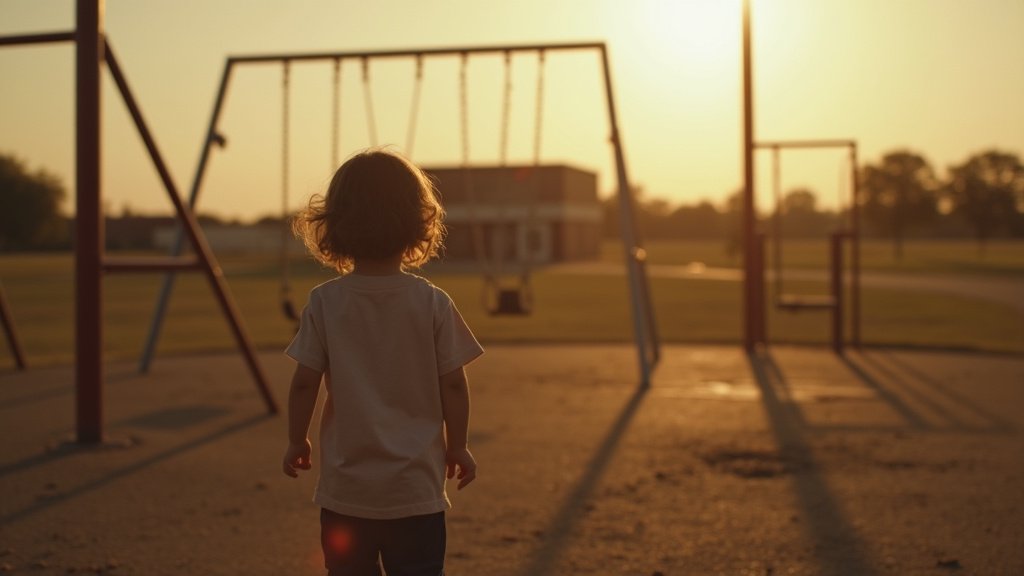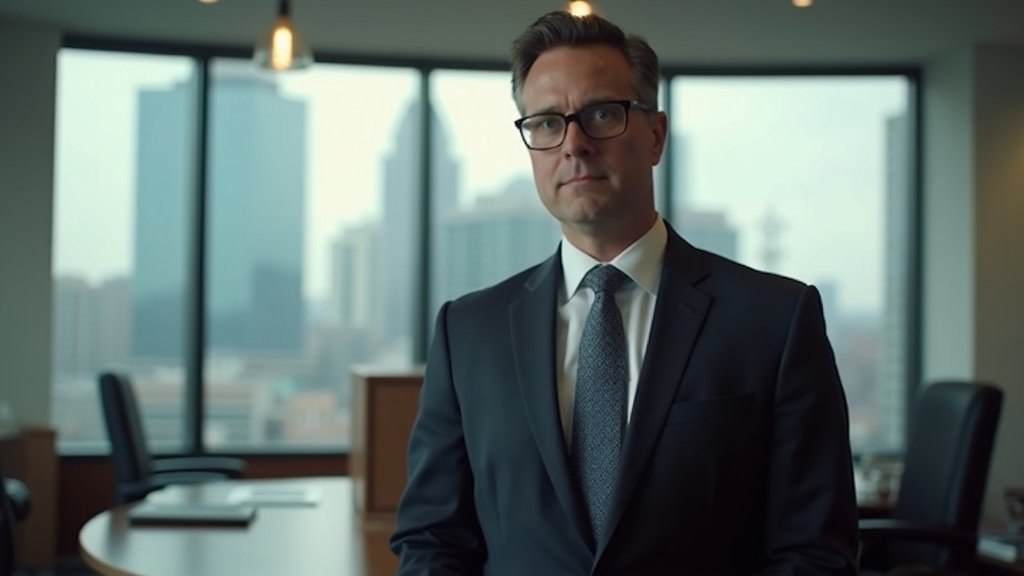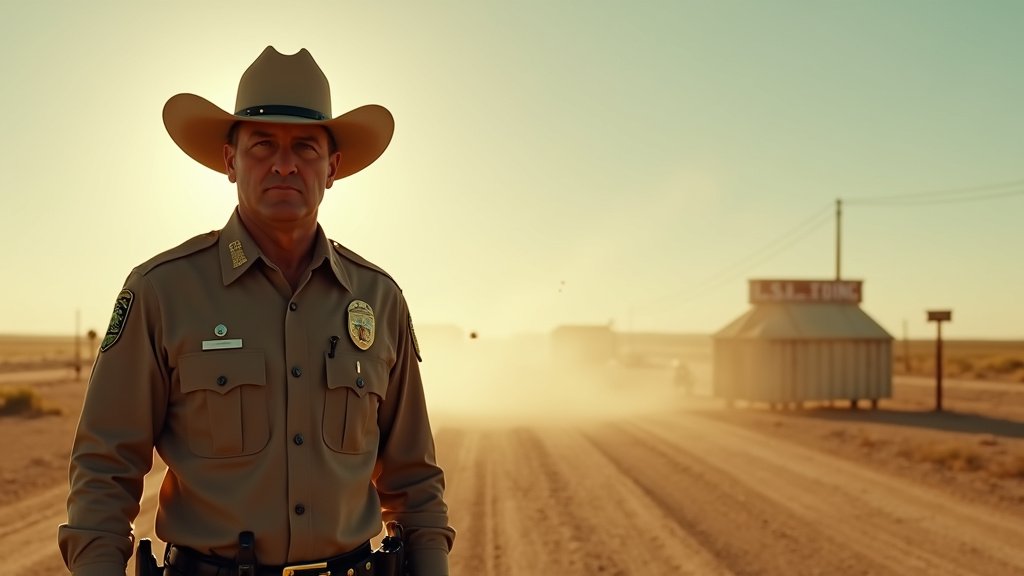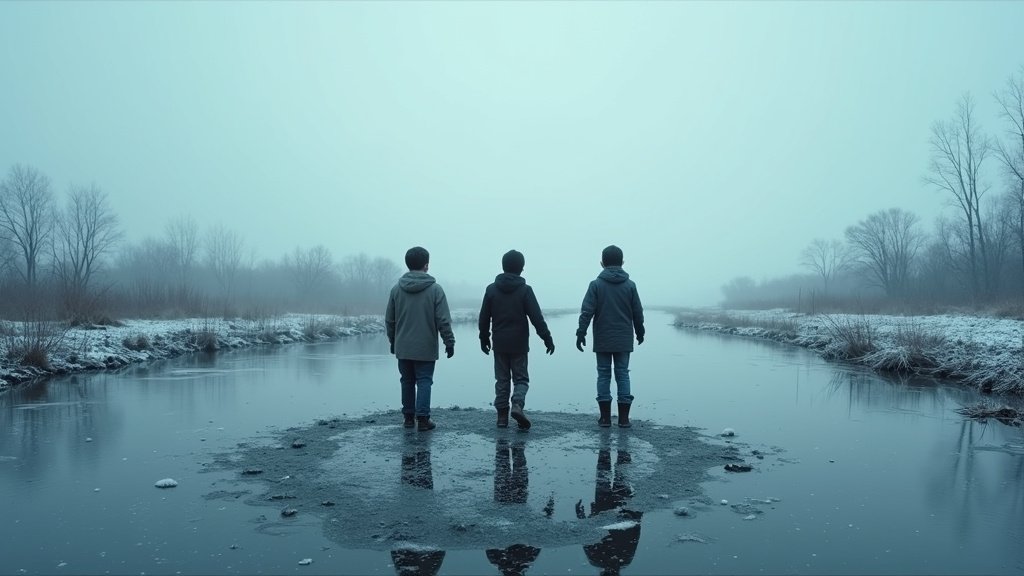A significant and alarming trend is sweeping across Texas school districts: a dramatic surge in vaccine exemption requests. This trending development, highlighted by a 36% rise in July 2025 alone, with 17,197 requests for exemption forms, is setting the stage for potentially the lowest vaccination rates the state has seen in decades. Experts across the Texas health landscape are voicing profound concerns, suggesting the issue is more dire than previously understood.
The Alarming Rise in Opt-Outs
Data from the Texas Department of State Health Services (DSHS) reveals a doubling of vaccine exemption form requests since 2018, escalating from 45,900 to over 93,000 in 2024. This consistent upward trajectory is mirrored in the state’s kindergarten vaccination rates, which for the 2024-2025 school year saw the Measles, Mumps, and Rubella (MMR) vaccination rate dip to 92.5%. This falls critically short of the 95% threshold recommended by the World Health Organization to maintain herd immunity, a collective protection vital for shielding vulnerable populations like infants and the immunocompromised.
In some Texas counties, MMR vaccination rates have fallen below 85%, creating dangerous pockets of susceptibility. Harris County, for instance, has seen exemptions more than triple since 2015, indicating a broad shift in parental decisions regarding childhood immunizations. This news comes as public health officials grapple with the potential consequences of such widespread opting out.
Legislative Changes Fueling the Trend
Adding fuel to this featured trend is a new state law, House Bill 1586, sponsored by State Representative Lacey Hull. Signed into law by Governor Greg Abbott and effective September 1, this legislation simplifies the acquisition of vaccine exemption documents. Previously, parents had to contact the DSHS to have an official affidavit form mailed to them. Now, HB 1586 allows parents to download the form directly online, significantly reducing a bureaucratic hurdle. Supporters, including groups like Texans for Vaccine Choice and Texans for Medical Freedom, hail this as a win for parental rights and government efficiency. However, critics argue that this simplification, while seemingly administrative, will inadvertently lead to a further erosion of vaccination rates and increase the risk of preventable disease outbreaks.
The Impact of Federal Funding Cuts
The rising exemption rates are compounded by another critical factor: significant federal funding cuts to immunization programs. Texas public health departments have been notified to brace for an additional $119 million in federal cuts to Centers for Disease Control and Prevention (CDC) grants, which directly impact vaccine outreach and disease prevention efforts. This follows an earlier clawback of $700 million in unspent COVID-19 pandemic funding, some of which was being utilized to combat the ongoing measles crisis in West Texas. These substantial reductions in resources jeopardize the state’s ability to conduct robust immunization campaigns, monitor disease spread, and maintain essential public health infrastructure, leaving communities more exposed.
Measles Resurgence: A Stark Warning
Texas has become the epicenter of the nation’s largest measles outbreak in over two decades, serving as a stark warning of the consequences of declining vaccination rates. With over 700 confirmed cases and tragically, two child deaths in 2025, the highly contagious disease, once considered largely eradicated, has re-emerged with devastating effect. Health experts, including Dr. Dwayne Broussard of the Harris County Medical Society and Bryan Bayles, an assistant professor of public health at Texas A&M University-San Antonio, directly attribute the resurgence to insufficient vaccination coverage. The current outbreak underscores the fragile nature of herd immunity; when collective protection dwindles, even a single case can rapidly spread through unvaccinated populations, leading to severe illness, hospitalization, and even fatalities.
The Deepening Roots of Vaccine Hesitancy
Underlying the increase in exemption requests is a deepening tide of vaccine hesitancy, exacerbated by the COVID-19 pandemic. Misinformation amplified through social media and polarized political narratives has eroded public trust in health authorities and scientific consensus. Dr. Claire Bocchini, an infectious disease specialist with Texas Children’s Hospital, notes that while vaccine skepticism predates COVID-19, the pandemic significantly intensified these sentiments. Terri Burke, Executive Director of The Immunization Partnership, laments the politicization of vaccines, observing that many parents are now conflating general vaccine safety with issues surrounding the COVID-19 vaccine, often fueled by debunked theories and a broader distrust of government recommendations. The actions of high-ranking federal officials, such as U.S. Health Secretary Robert F. Kennedy Jr.’s questioning of vaccine efficacy and cuts to mRNA vaccine research, further contribute to this climate of skepticism and instability.
A Looming Public Health Crisis
The convergence of simplified exemption processes, reduced public health funding, and pervasive vaccine hesitancy creates a perilous environment for Texas. The current trajectory points towards a future where preventable diseases, once thought to be under control, could become commonplace. Without a significant reversal in these trends, the health and safety of communities across Texas, particularly its most vulnerable members, remain at an elevated risk. The challenge extends beyond individual choice; it is a collective public health concern demanding renewed commitment to evidence-based policies and robust immunization efforts.






